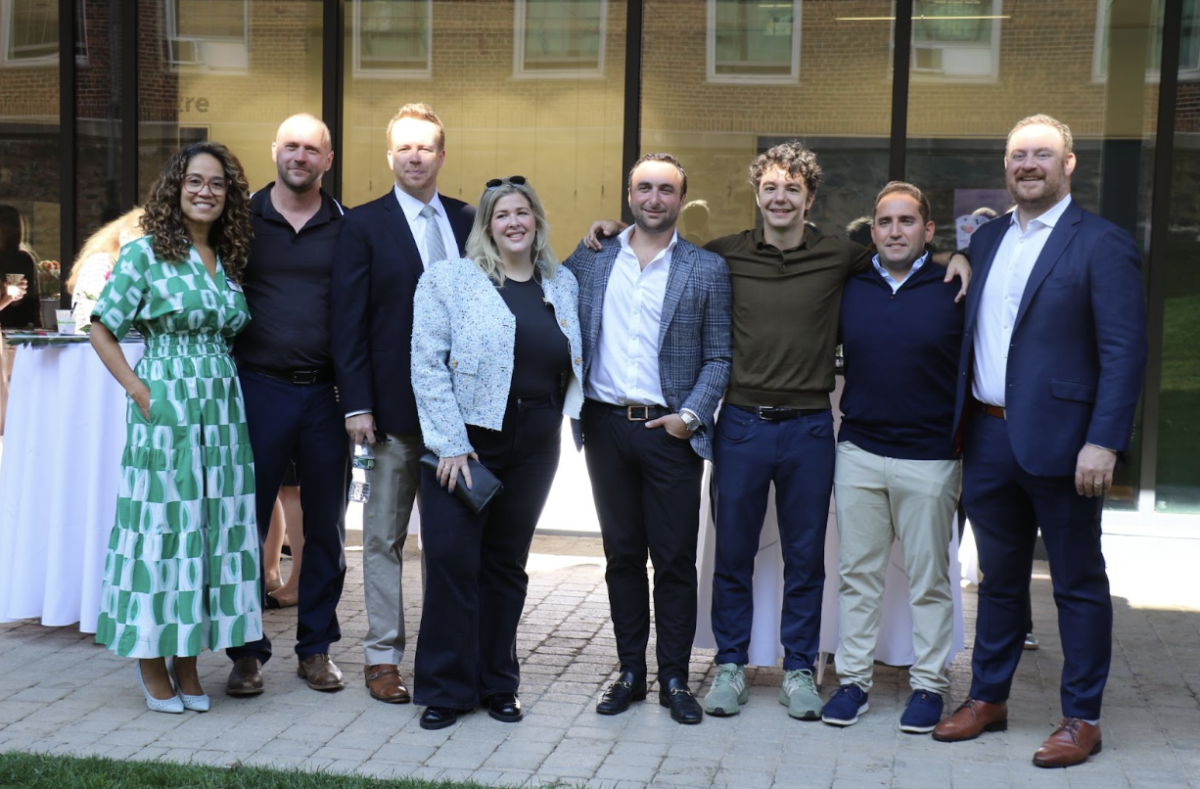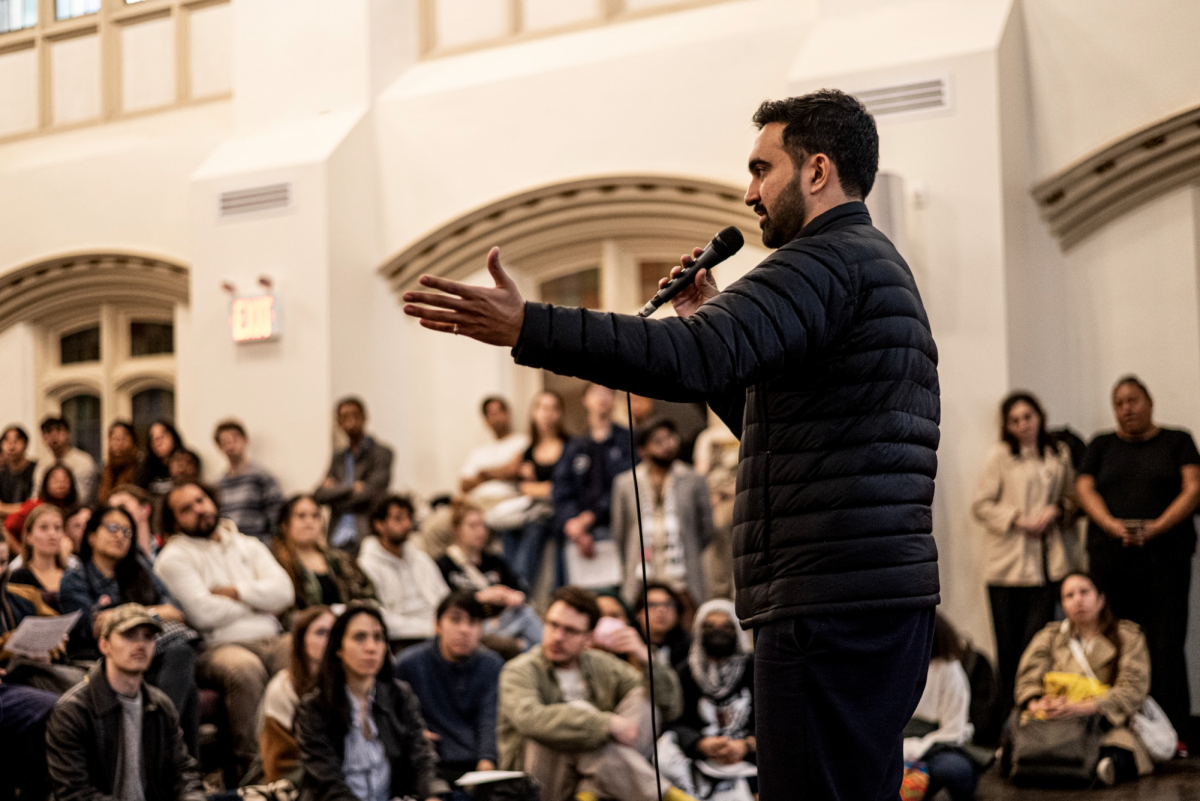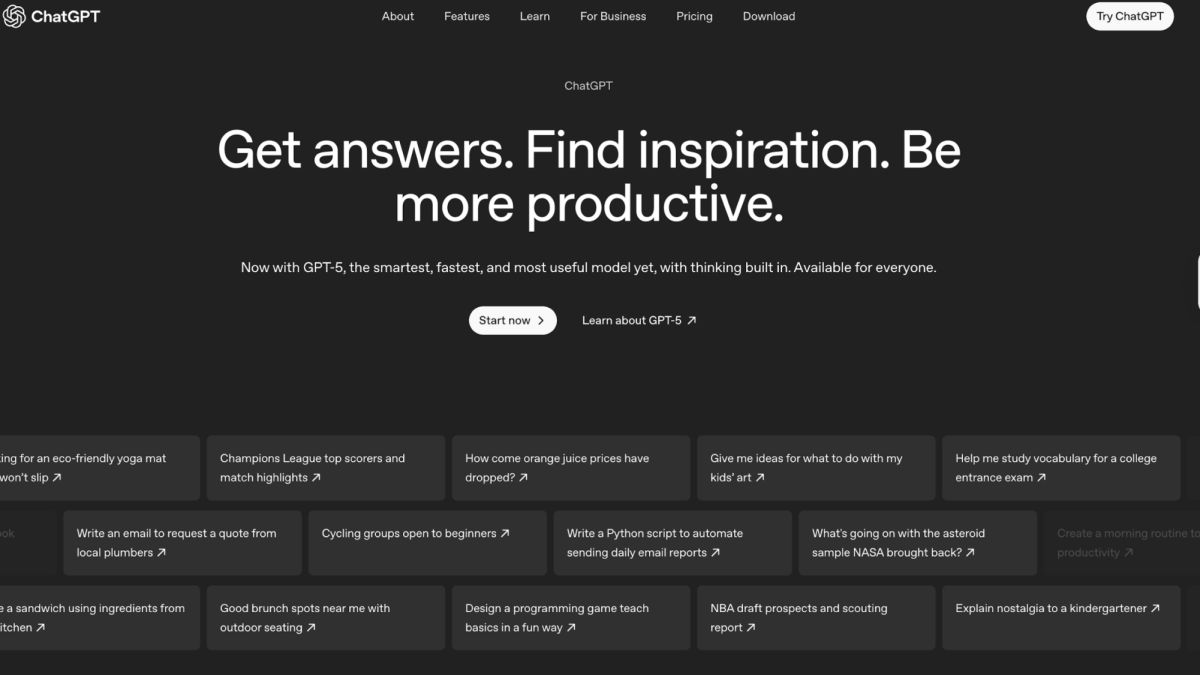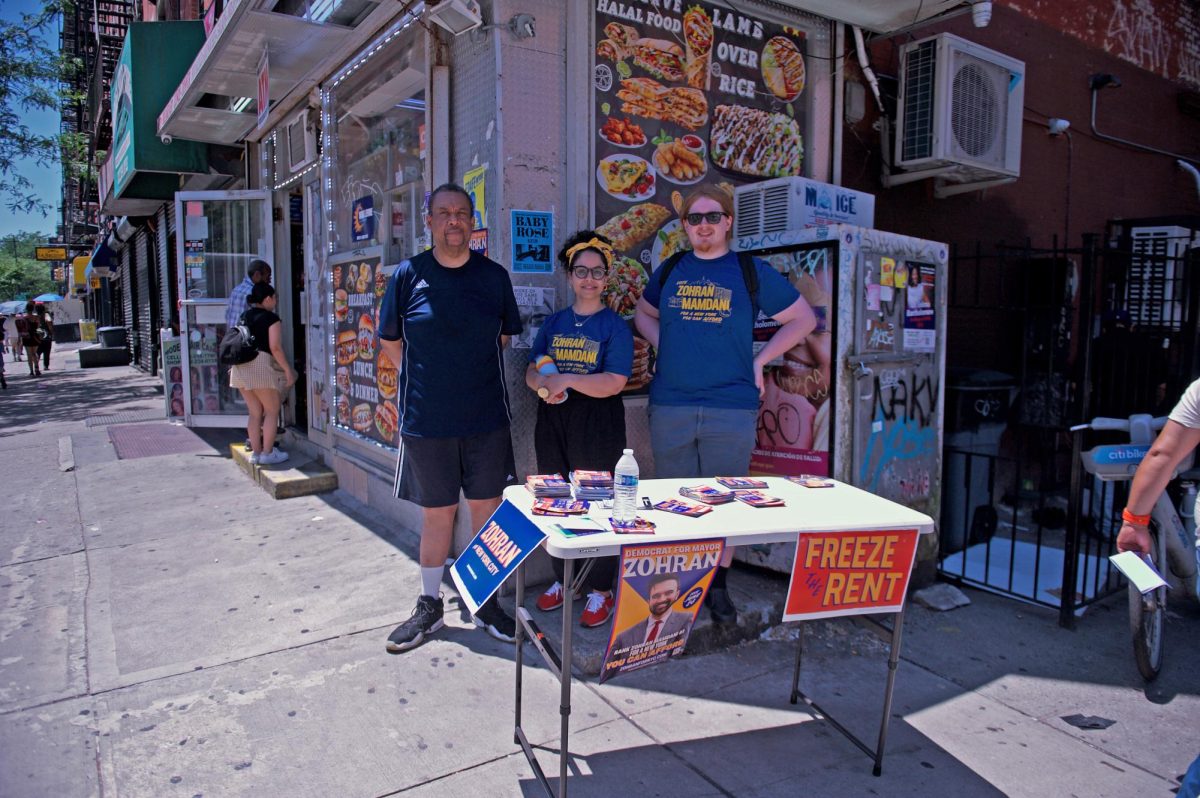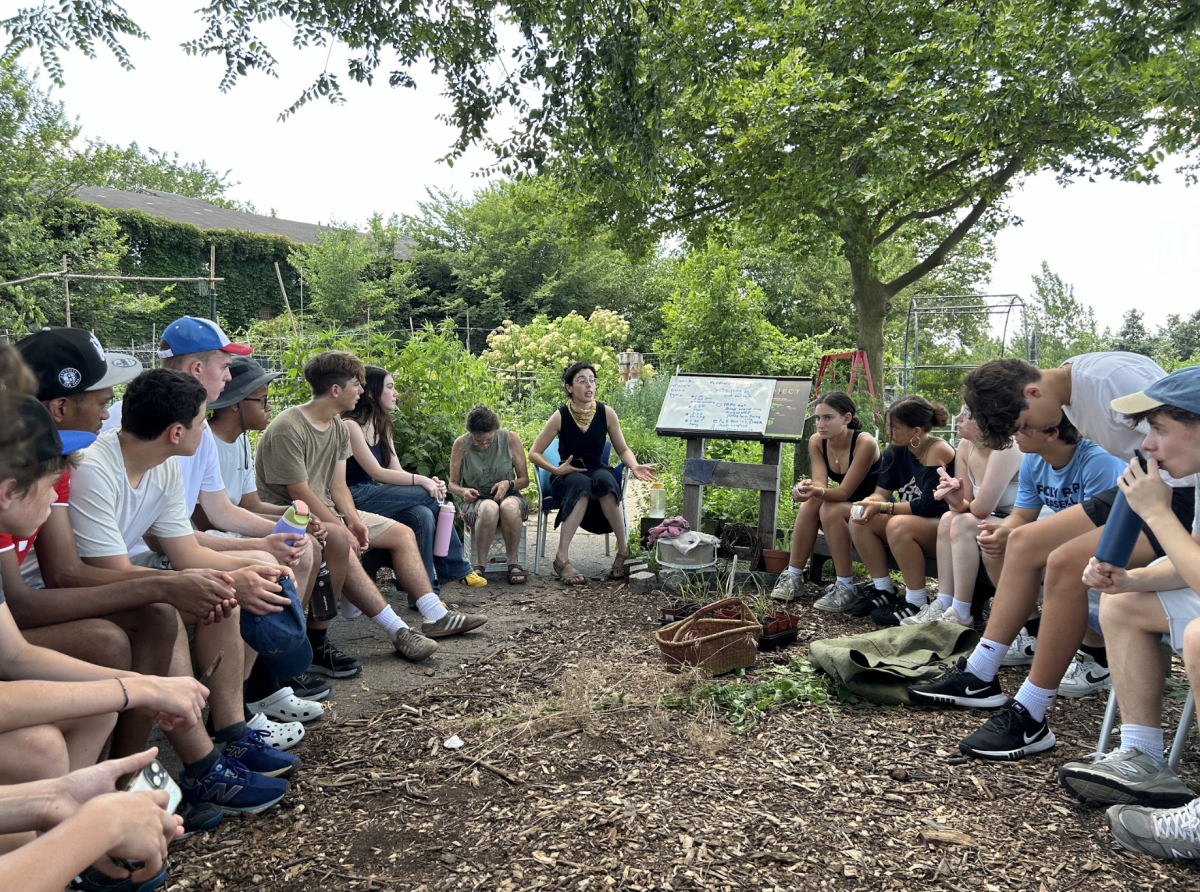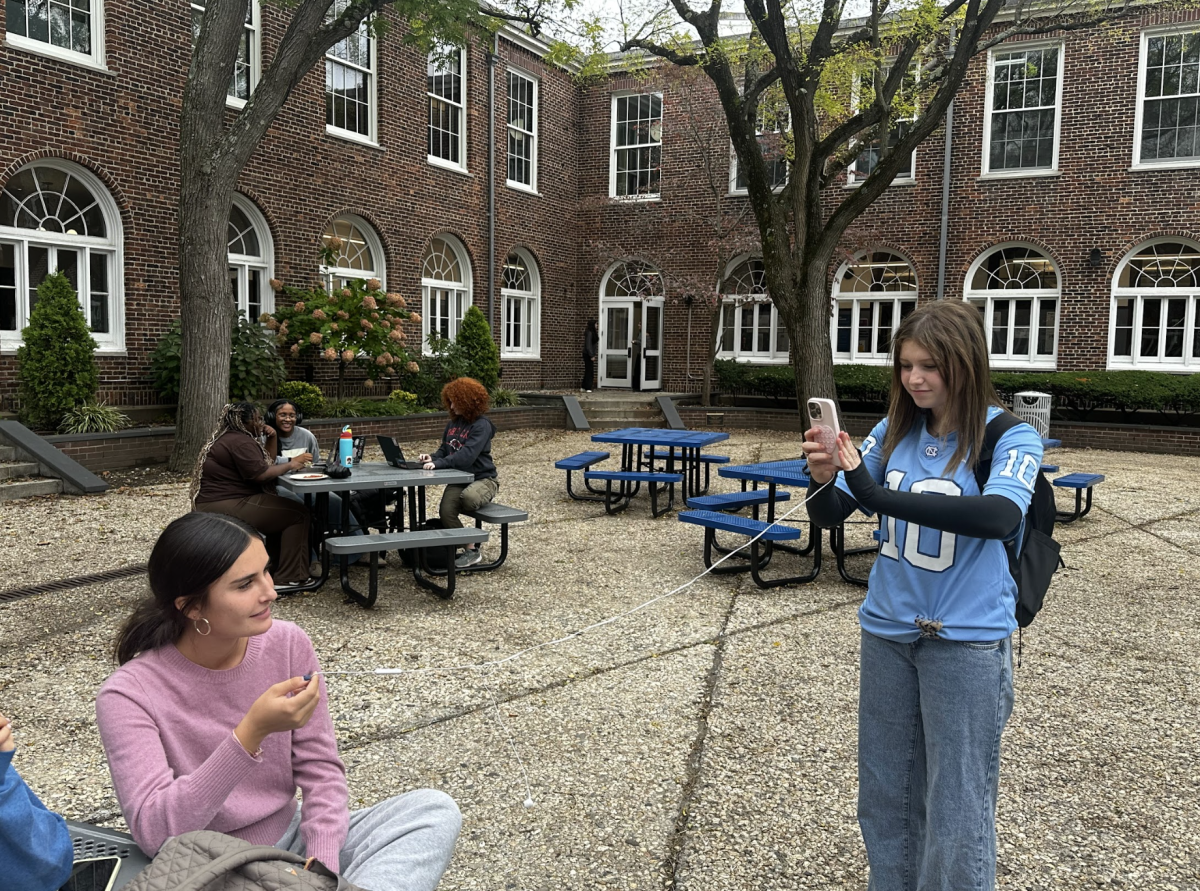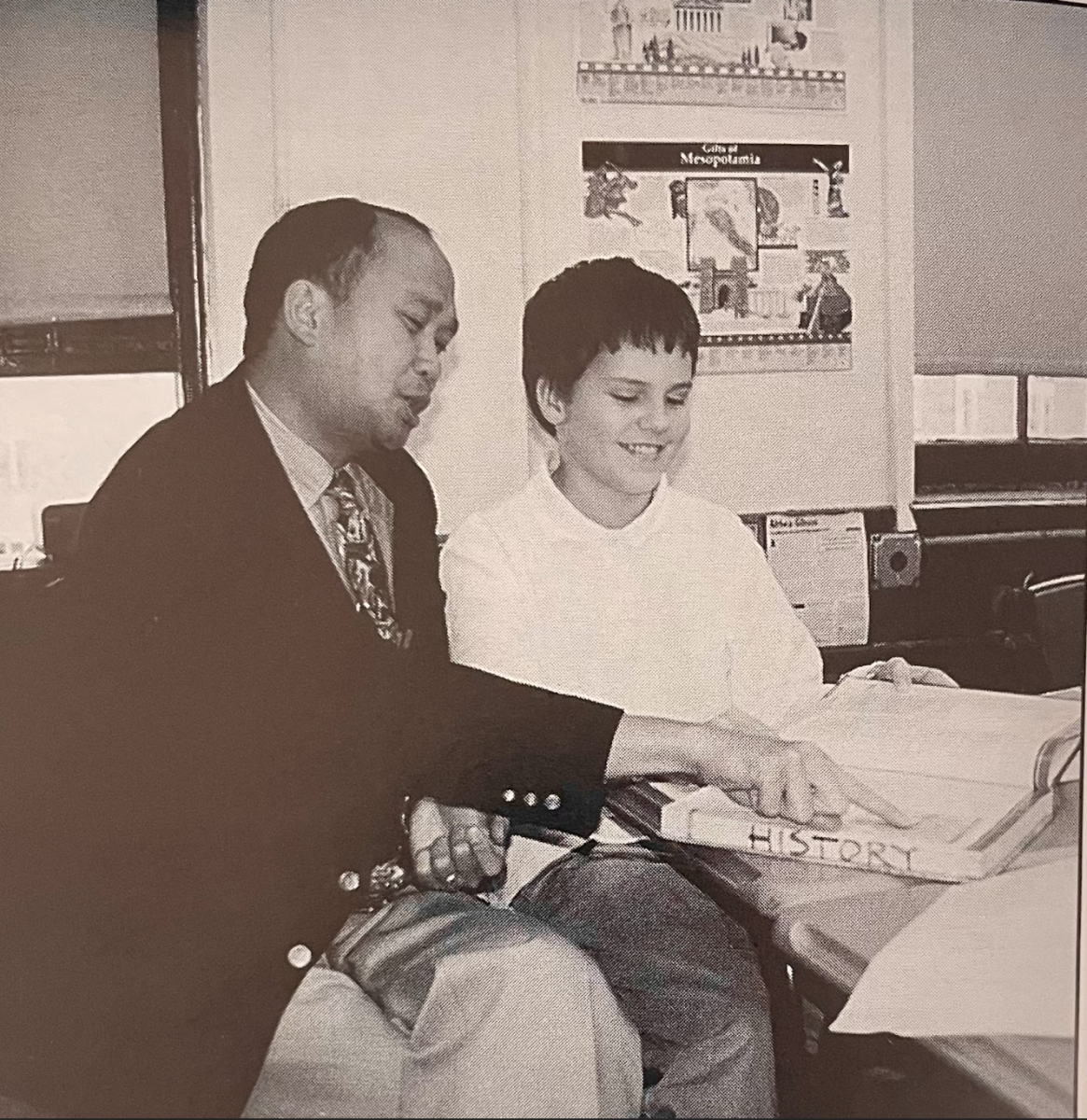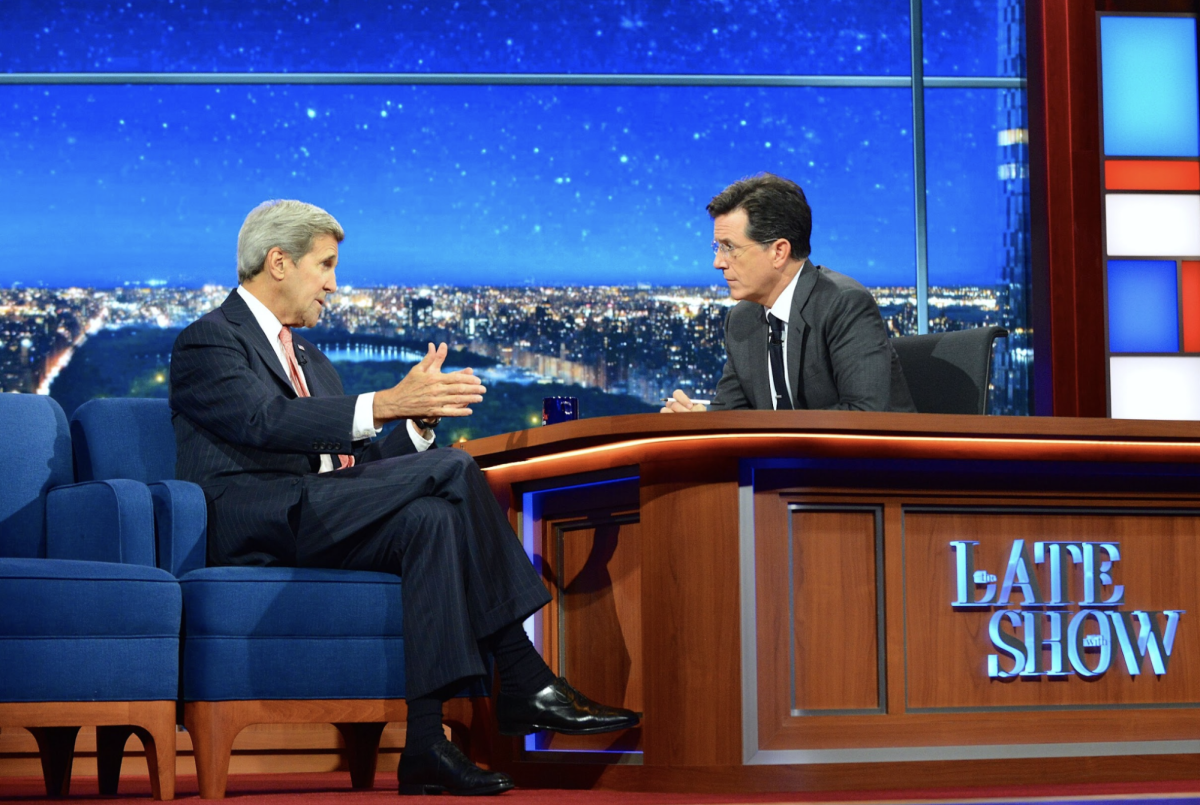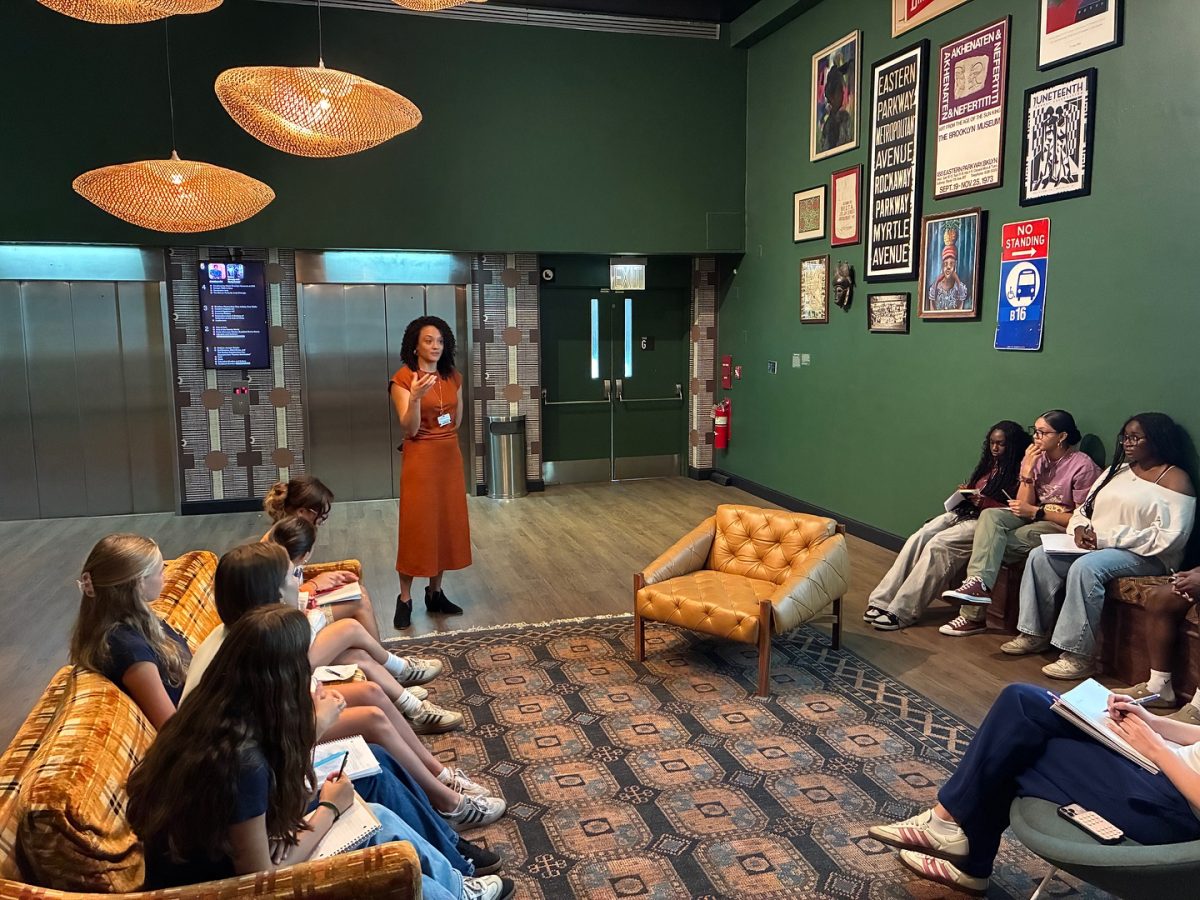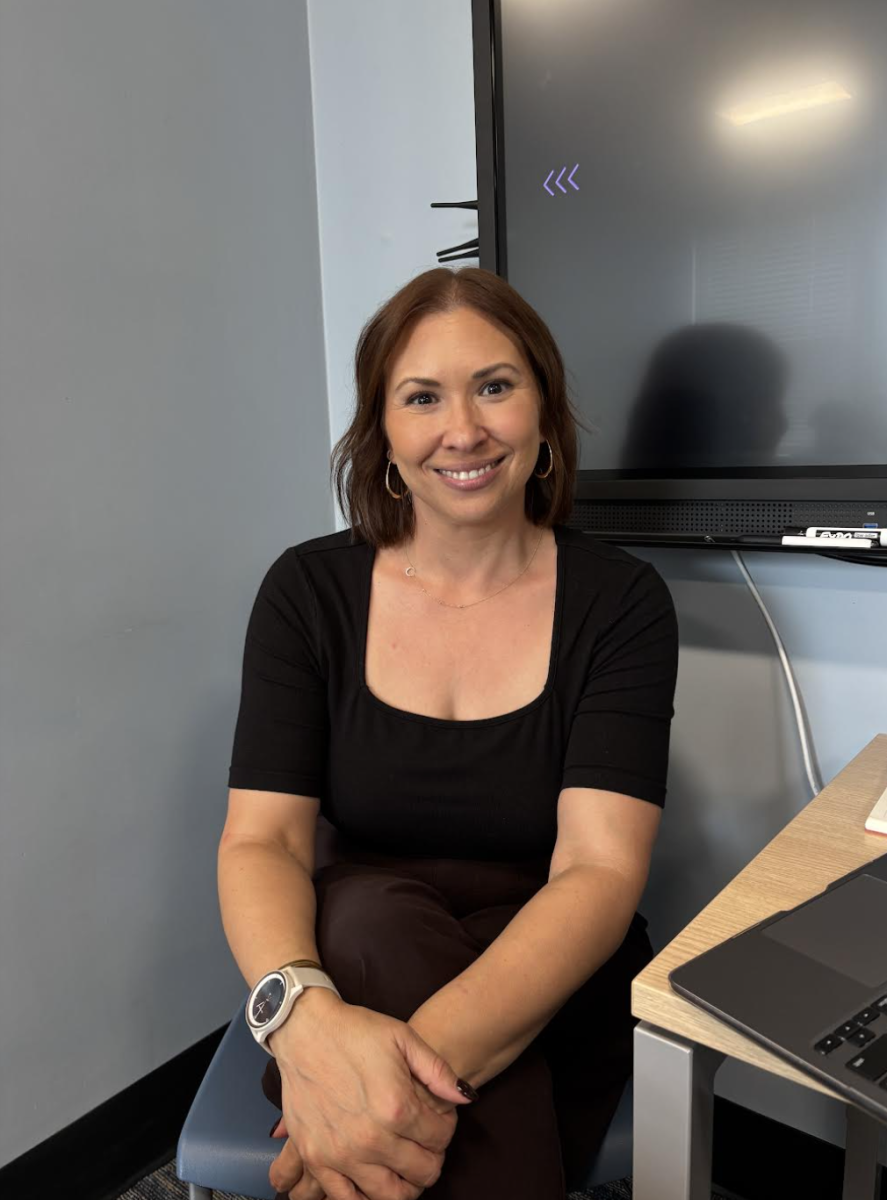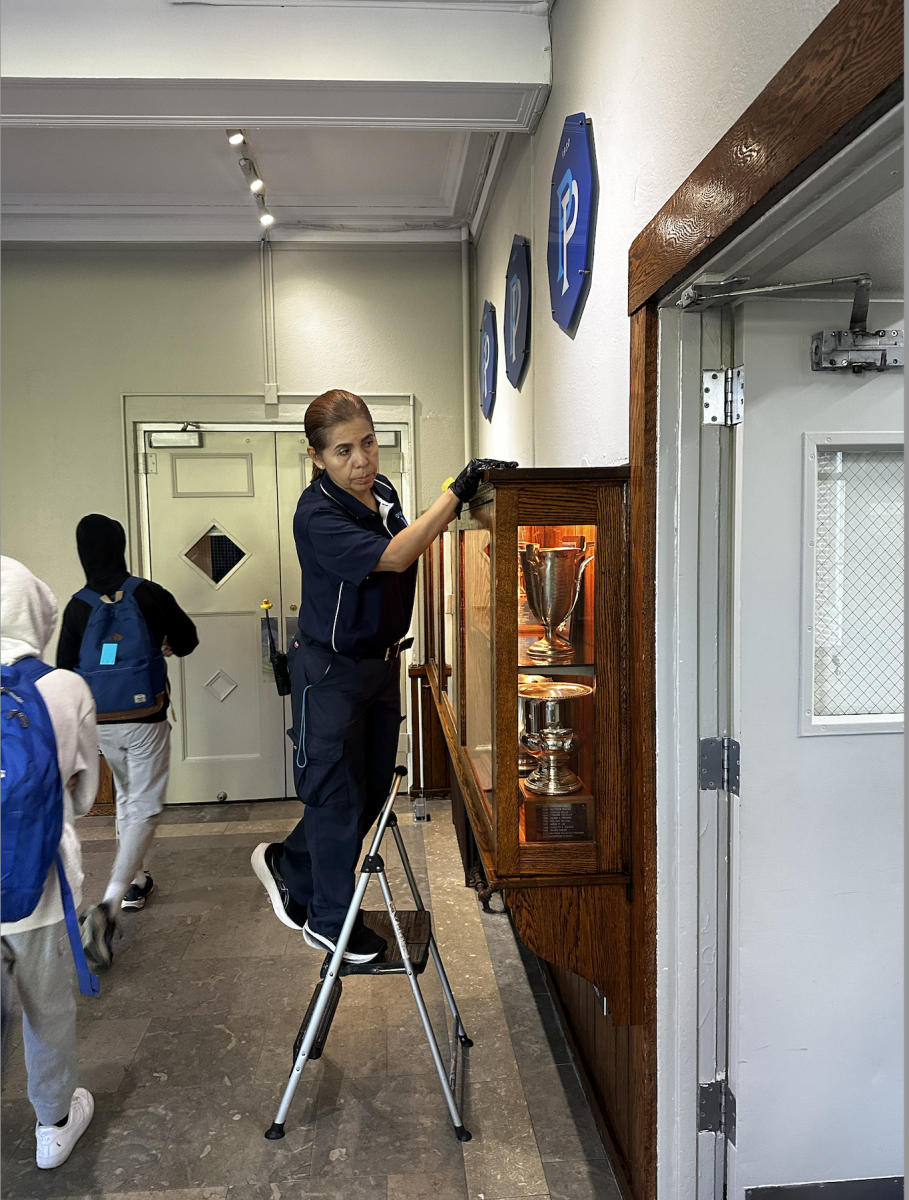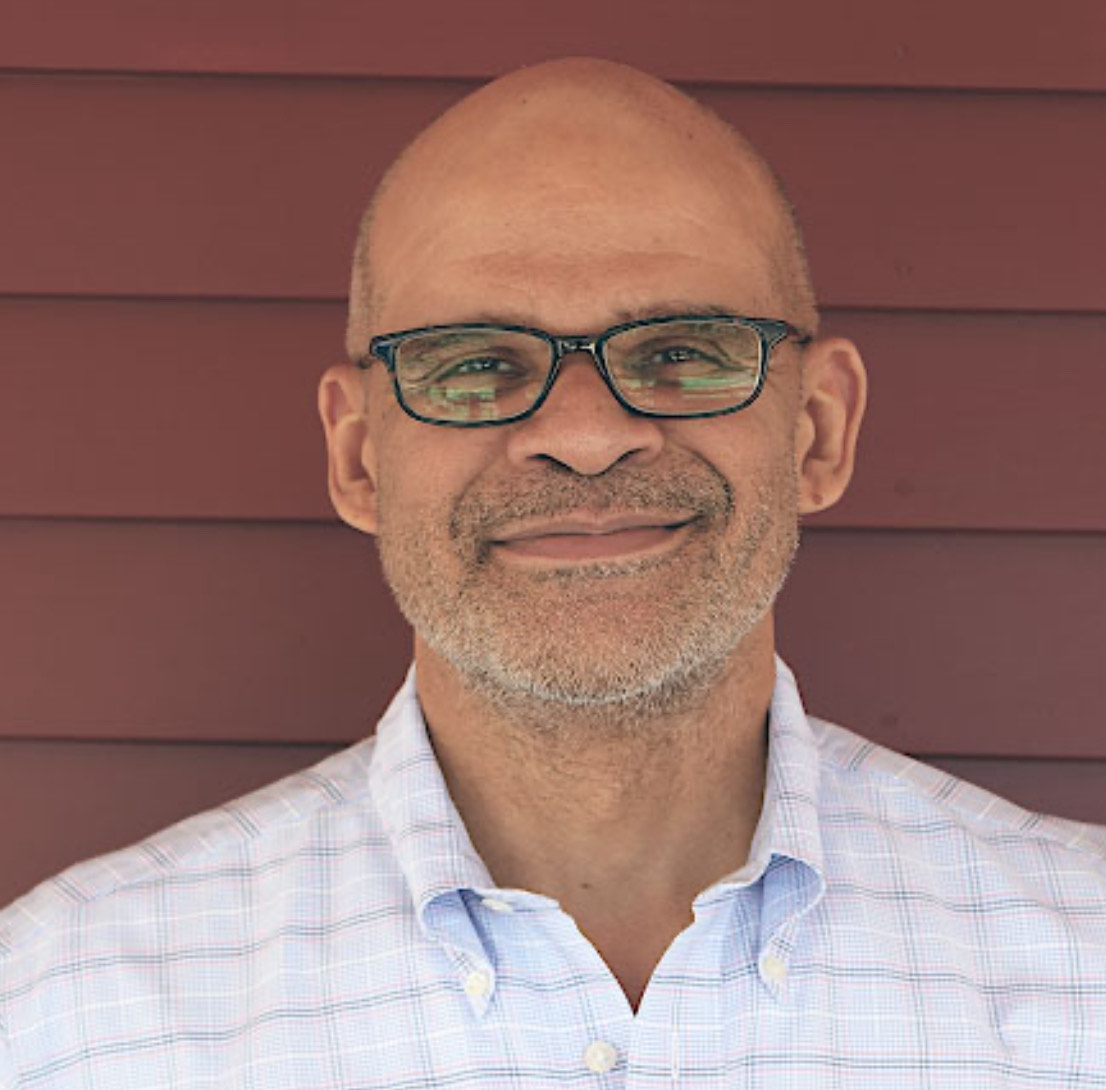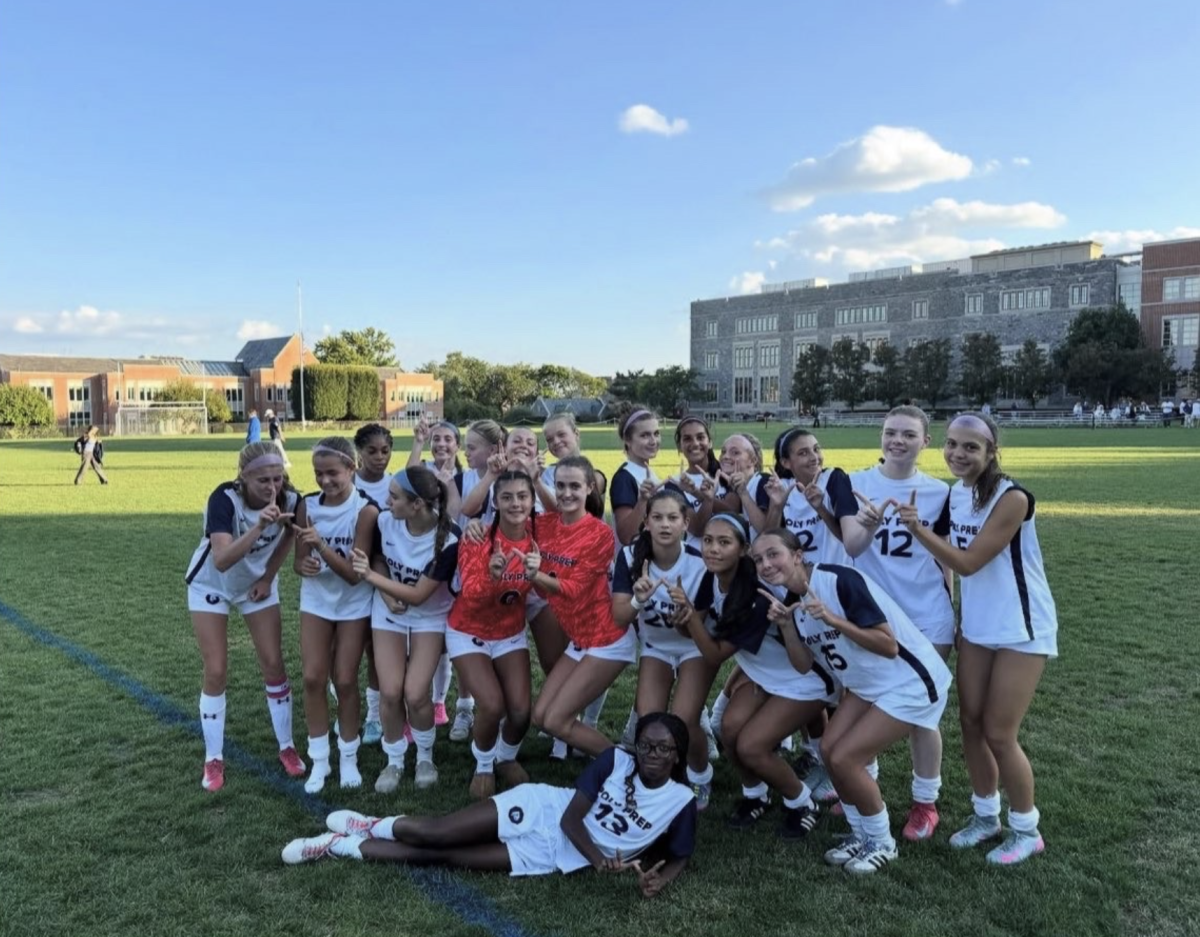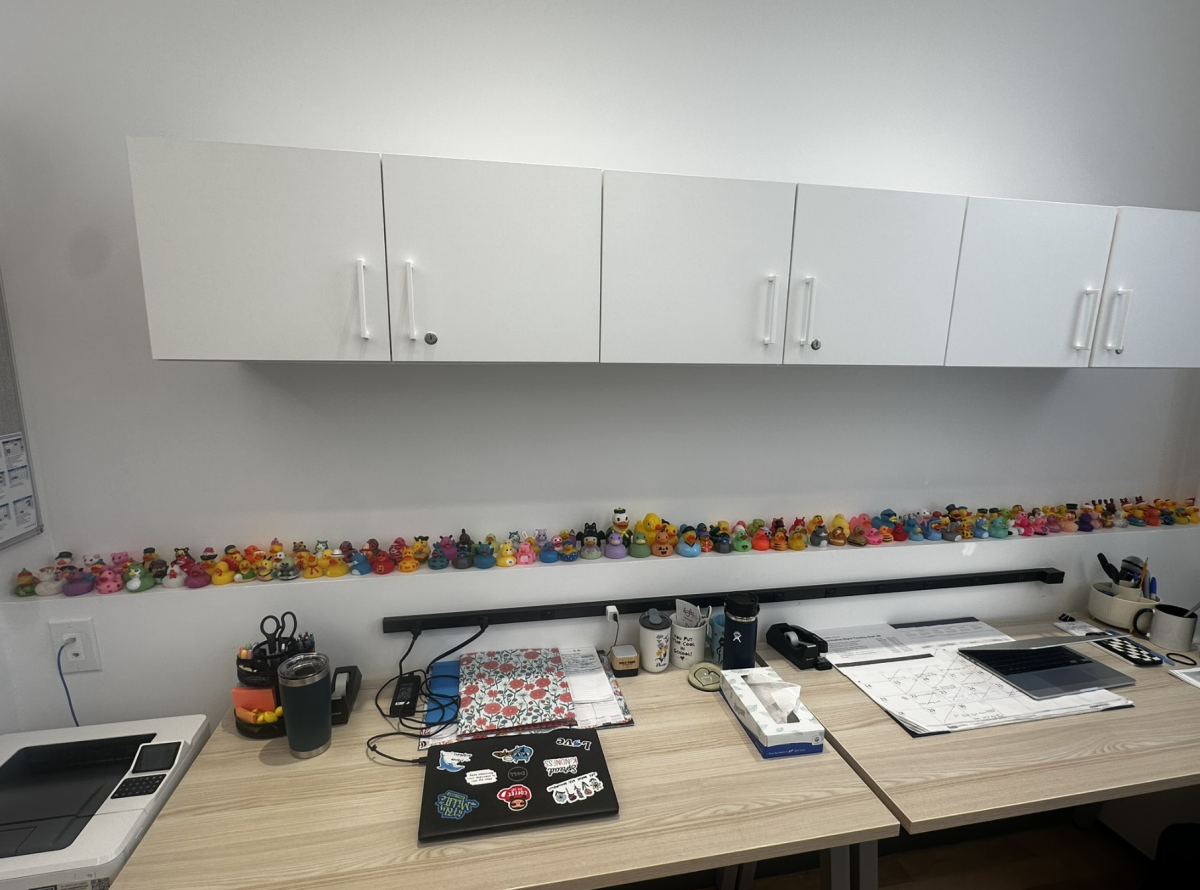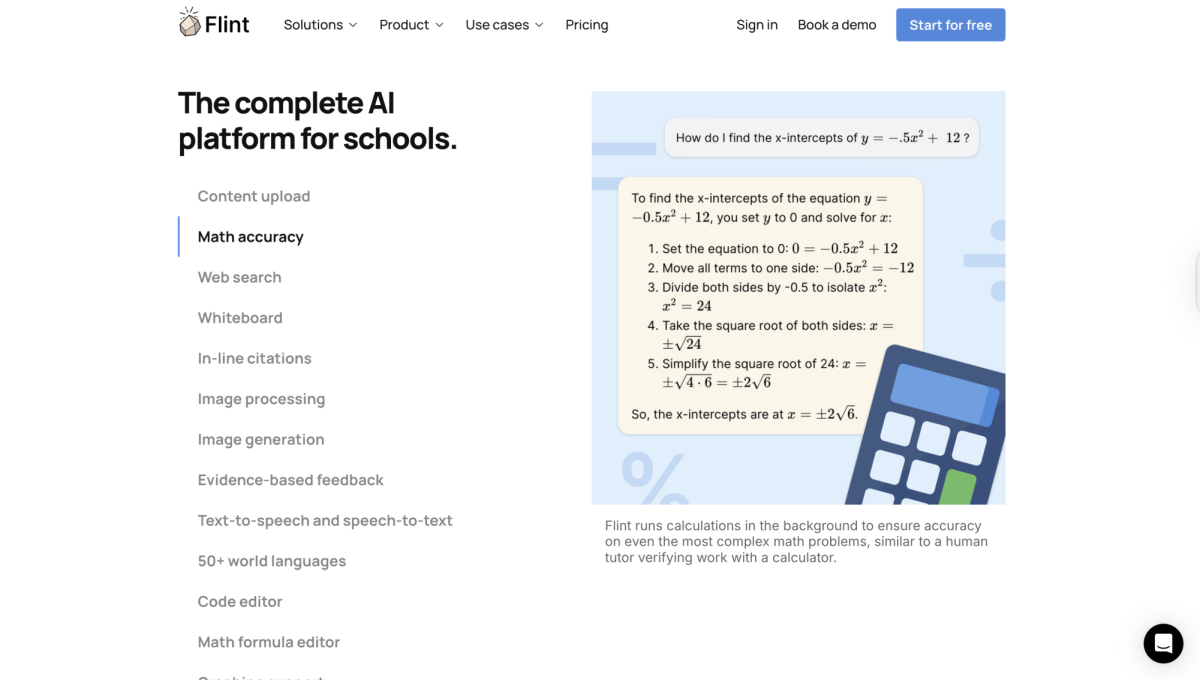This summer marked a significant change in leadership for the Democratic Party. “There was a very slow-moving, tectonic shift happening under the political continents,” said the Director of Service Learning and History Faculty member at Poly Prep, Elijah Sivin.
On July 21, Joe Biden formally announced that he would be dropping out of the presidential election, endorsing Vice President Kamala Harris to represent the Democratic party. The interview consensus was that it was not a total surprise that Biden made this decision as there was concern that his age would prevent him from competing in the election and performing as president.
The first presidential debate in late June was a critical event that left many people, on both sides, questioning Biden’s ability to stay in the race. According to the Guardian, Biden acknowledged that it would not benefit the Democrats if he remained in the race. For instance, Sivin noted that “[he] looks old, right? He looked old in 2020. He looked older every year and he sounded old.” Biden’s age was already a concern before the debate. However, after his poor performance in the debate, his stepping down was less of a surprise.
“Most Democrats that I knew, like most Democrats you heard about in the news, were kind of hoping he would step down,” said Sivin.
Newsweek said that in response to Harris’s nomination, Donald Trump accused the Democratic party of staging a “cop” and “election interference.” As Harris continues to gain favor in mixed states, according to Newsweek, Trump expressed his disapproval claiming that this process was “unfair.”
Officially stepping into her new role at the Democratic Convention, Harris presented the crowd with a promising new perspective. Born a month before the start of Generation X, Harris attracts younger voters and demonstrates a generational shift in leadership. “I am happy that this presidential candidate is younger because it’s been worrying to me in the past that older men are making decisions for my body and my future,” said Sophomore Meena Kodali. “It will affect my life more than their own.”
Assistant Head of School, Academics, and teacher of Poly’s Advanced US History: The American Political System at a Crossroads, Michal Hershkovitz, said, “I think it was hard for the youth to connect[with the election], and I think that Kamala Harris’s candidacy has energized certainly that constituency.”
The Head of the History Department, Virginia Dillon, mentioned that even the marketing has adjusted to its younger audience with the use of social media, a platform that speaks to those generations. Dillion adds that in addition to Harris’ age, her identity as a woman of color could also play a significant role in the results of this election. It is hard to predict how the intersectionality of these two marginalized groups will impact the votes. “It might be 20 years before we actually know how Harris’s identities affected [the votes],” said Dillon.
As Hershkovitz said, “We live as Americans, in a very racialized society, many of us wish that we could move beyond that… So will some people view the candidate through her racial identity? Of course they will, just as other people will view Donald Trump through his racial identity. Again, I think that is, at this moment in our nation’s history, inevitable.”
Further, Sivin raises the topic of implicit bias and how it seeps from our history into everyday American life. “There are things in the human brain that tend to separate some people [from what they] think of as us, from the people they think of as them,” said Sivin.
When Michelle Obama endorsed Harris at the Democratic Convention, she highlighted Harris’ immigrant identity as universal. “Her story is your story. It’s my story,” said Obama. Obama’s emphasis on Harris’ relatability is an example of how her marginalized identity could be an asset in this election.
“I think this is an unbelievably important election, I’m sure people say that every time there’s an election students [should] pay attention,” said Sivin. “I think it matters. You want to get in the habit of forming your own opinion based on evidence presented by professional sources.”

